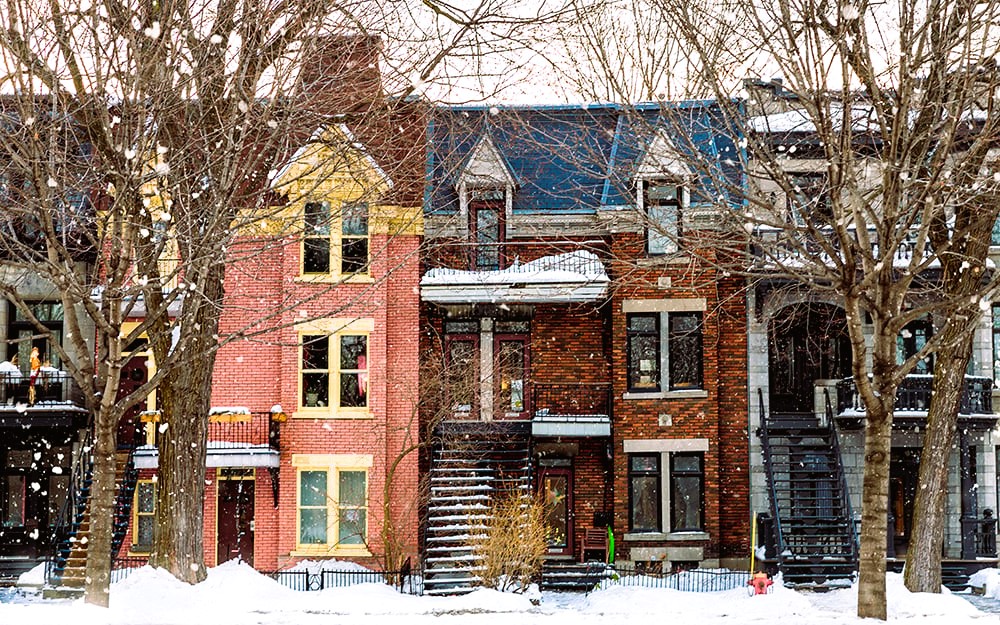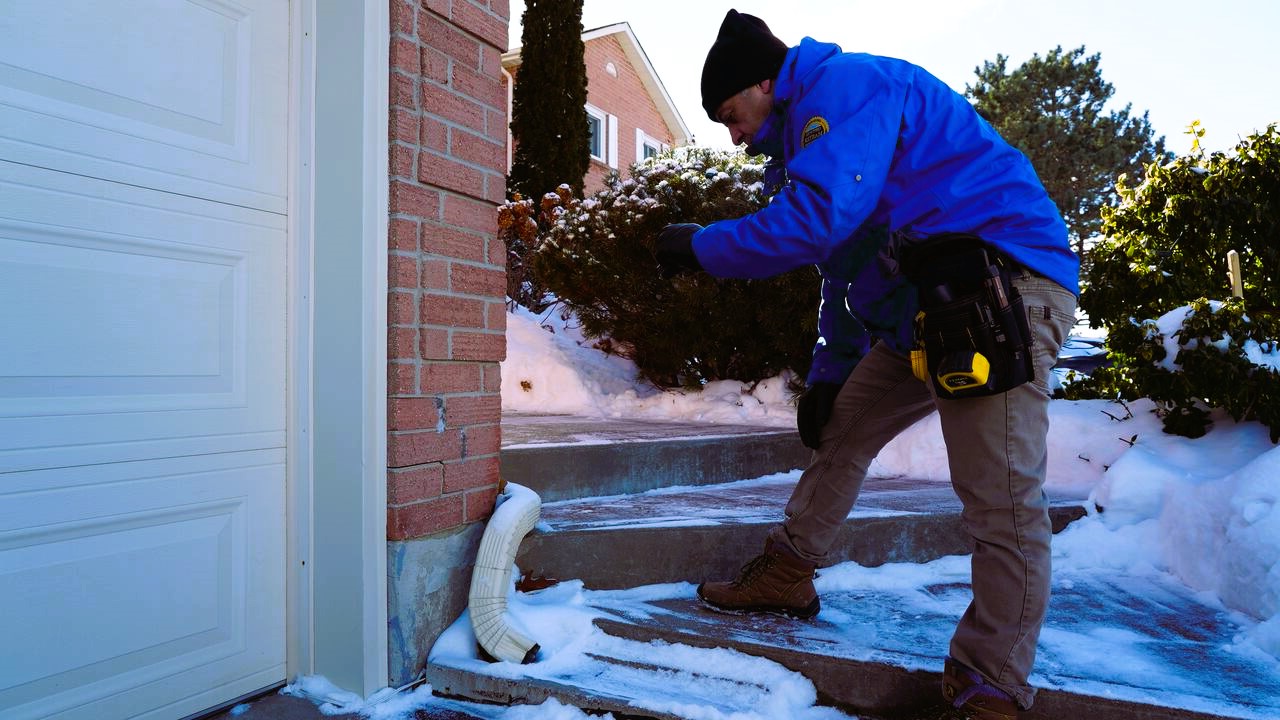Climate change is a pressing global issue that is having profound effects on ecosystems, economies, and societies around the world. In Canada, the impacts of climate change are becoming increasingly apparent, with rising temperatures, changing precipitation patterns, and more frequent extreme weather events. These changes are not only affecting the environment but also posing new challenges for homeowners and home inspectors alike. In this article, we’ll explore how climate change is affecting home inspections in Canada, the risks associated with these changes, and the adaptations needed to address them.
Impact on Home Inspections
Climate change is affecting home inspections in Canada in several ways, primarily by exacerbating existing issues and creating new challenges for homeowners and home inspectors. Some of the key impacts include:
- Increased Risk of Weather-related Damage: As climate change leads to more frequent and severe weather events, homes are becoming increasingly vulnerable to damage from storms, floods, wildfires, and other natural disasters. This poses challenges for home inspectors who must assess the structural integrity and safety of properties in the face of these risks.
- Changing Environmental Conditions: Climate change is altering environmental conditions, such as temperature, humidity, and soil moisture, which can affect the condition of homes and the presence of pests, mold, and other hazards. Home inspectors must be aware of these changes and how they may impact the properties they inspect.
- Impact on Property Values: The increased risk of weather-related damage and environmental hazards can affect property values, insurance premiums, and the overall marketability of homes. Home inspectors play a crucial role in assessing these risks and providing guidance to homeowners and buyers.
Risks Associated with Climate Change
Climate change poses several risks for homeowners and home inspectors in Canada, including:
- Structural Damage: Extreme weather events, such as hurricanes, floods, and wildfires, can cause significant structural damage to homes, including roof leaks, foundation cracks, and structural instability. Home inspectors must be vigilant in identifying signs of damage and assessing the safety and integrity of properties.
- Water Damage: Flooding, heavy rainfall, and melting snow can lead to water intrusion, mold growth, and moisture-related damage in homes. Home inspectors must carefully examine basements, crawl spaces, and other areas prone to water damage to identify potential issues.
- Pest Infestations: Climate change can create favorable conditions for pests, such as termites, ants, and rodents, to thrive. Home inspectors must be on the lookout for signs of pest infestations and provide recommendations for pest control and prevention.
- Health and Safety Hazards: Climate change can increase the risk of heat-related illnesses, indoor air quality issues, and exposure to harmful pollutants and allergens. Home inspectors must assess the health and safety risks associated with climate change and provide recommendations for mitigating these risks.

Adaptations Needed
To address the challenges posed by climate change, homeowners and home inspectors in Canada must take proactive measures to adapt to changing environmental conditions. Some adaptations include:
- Improved Building Codes and Standards: Building codes and standards must be updated to account for the impacts of climate change and ensure that homes are built to withstand extreme weather events and environmental hazards. Growing trends in smart home technologies, read more in our article.
- Enhanced Home Inspections: Home inspectors must receive training and education on the impacts of climate change and how to identify and assess related risks during inspections. This may include incorporating new tools, technologies, and inspection protocols into their practice.
- Investment in Resilient Infrastructure: Governments, homeowners, and businesses must invest in resilient infrastructure and measures to protect homes and communities from the impacts of climate change, such as flood barriers, green roofs, and improved drainage systems.
- Public Education and Awareness: Increased public education and awareness are essential for helping homeowners understand the risks associated with climate change and how to protect their homes and families. This may include providing information on emergency preparedness, home maintenance, and insurance options.
Conclusion
In conclusion, climate change is having significant effects on home inspections in Canada, presenting new risks and challenges for homeowners and home inspectors alike. By understanding these impacts and taking proactive measures to adapt to changing environmental conditions, we can help protect homes, communities, and the health and safety of Canadians. For more information on climate change impacts and adaptation strategies, visit Canada.ca.

